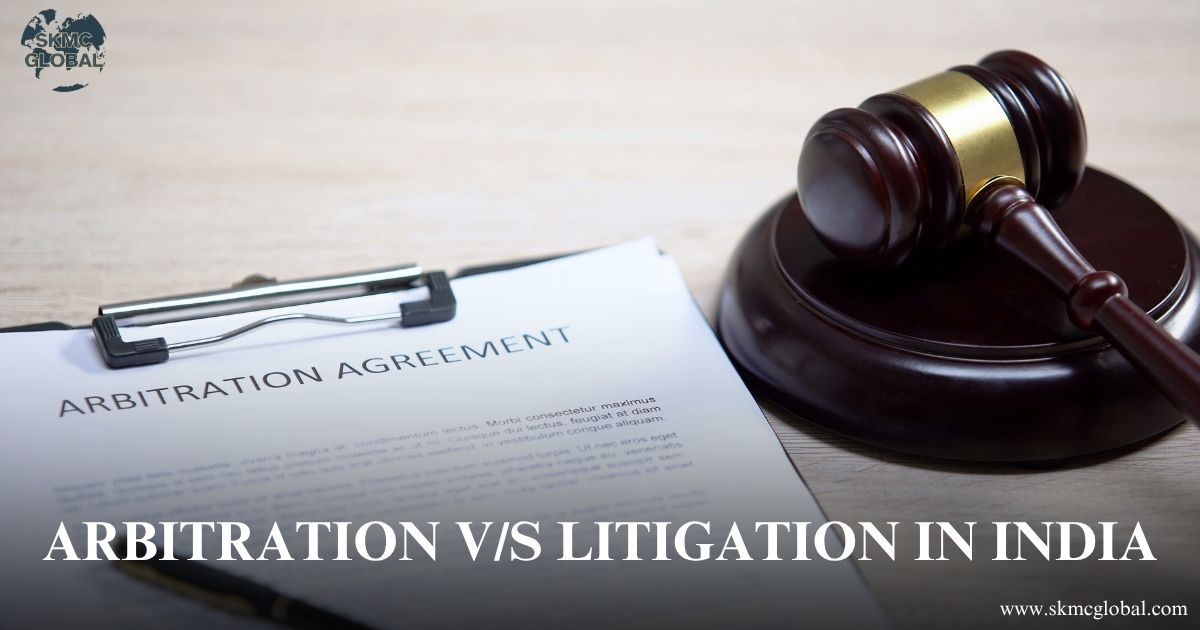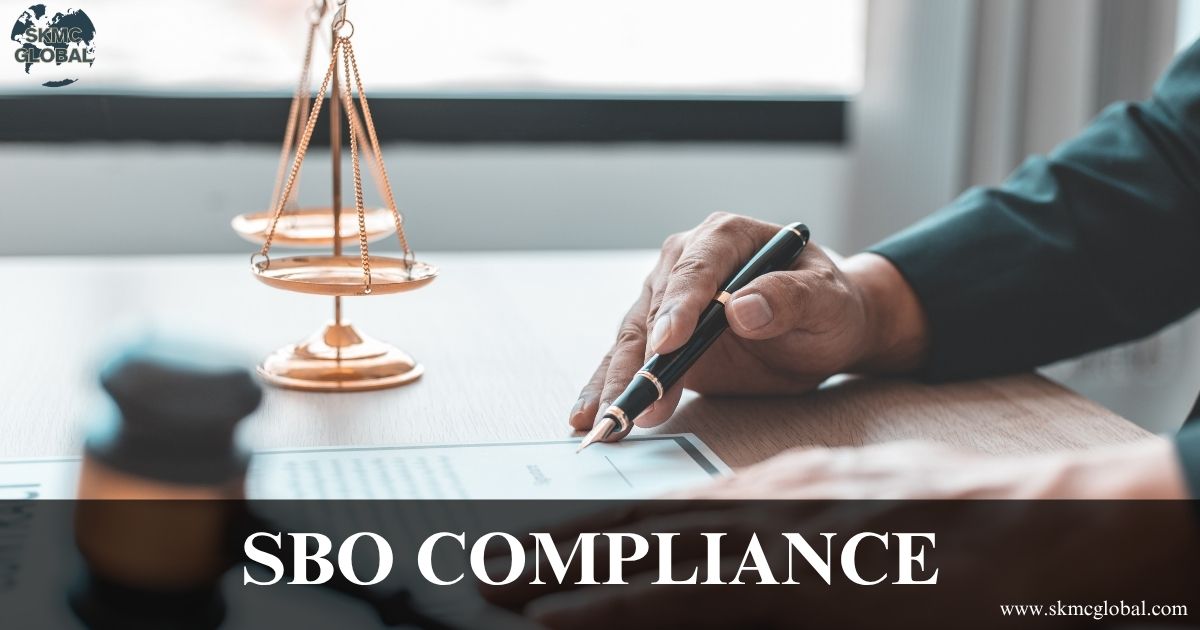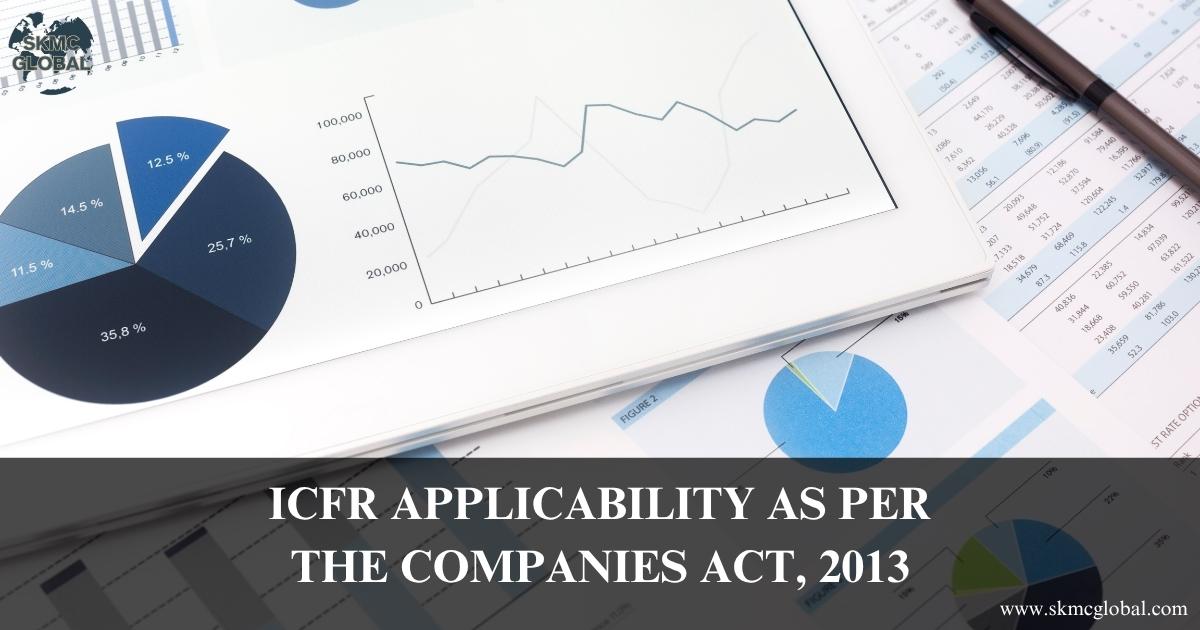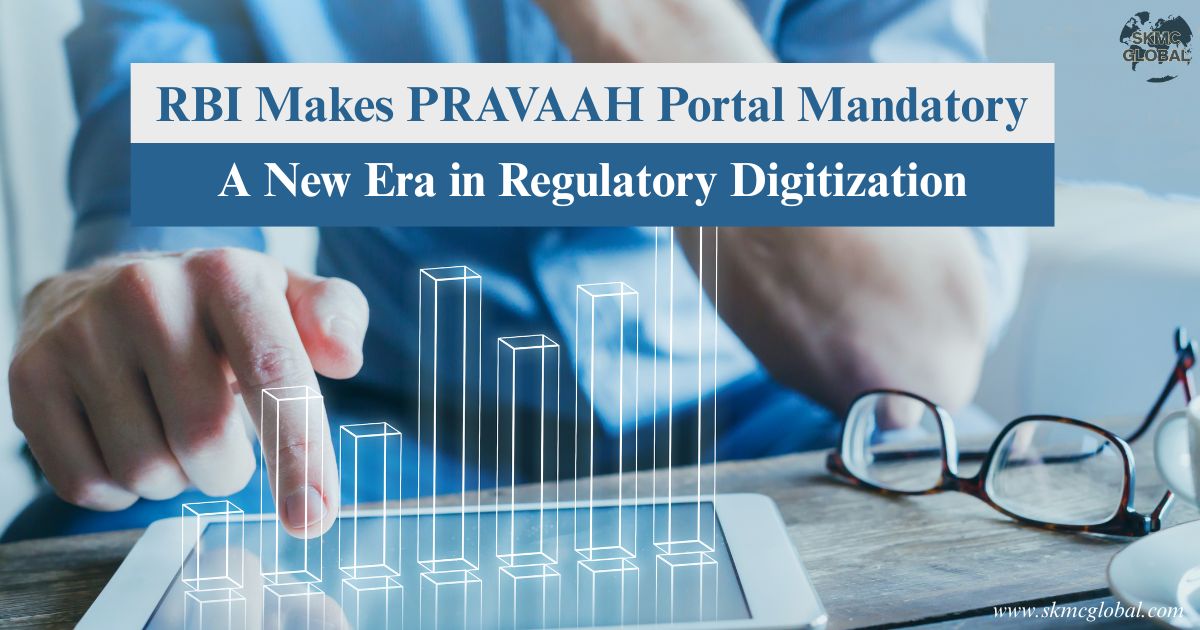
A Guide to Compensation to Director in Indian Corporates
“Director compensation” is a vital element of corporate governance in India, balancing strategic leadership incentives with stakeholder interests. This guide explains statutory limits and regulatory principles governing company director remuneration, provisions for remuneration of director, and frameworks for independent director remuneration, while integrating recent amendments and evolving practices in 2025.
Legal Framework & Scope
Compensation to directors in India is regulated under the Companies Act, 2013, especially Sections 149 (independent directors), 196, 197 (managerial remuneration), Schedule V, and related MCA rules. Remuneration to directors (executive, non‑executive, independent) must comply with statutory caps, board/shareholder approvals, disclosures, and tax requirements.
Section 197 Limits: Overall Cap and Profit‑related Commission
Section 197 caps total director remuneration at 11% of net profits, covering managerial, executive and non‑executive directors. Payment above that requires a special resolution by shareholders— Central Government approval is no longer mandatory following amendments.
Within this overall limit, companies may allocate fixed salary and remuneration of director as commission (1% with a managing director; 3% without) to non‑executive directors under prior board/shareholder approval.
Schedule V & Inadequate‑Profit Regime
Where a company reports inadequate profits or a loss, remuneration must align with Schedule V. The Companies (Amendment) Act, 2020 (effective March 2021) extended Schedule V provisions to non‑executive and independent directors, allowing minimum remuneration (excluding sitting fees) even in loss scenarios.
Schedule V also sets caps based on company effective capital and tenure compensation ceilings. Companies must pass special resolution or seek government approval if thresholds exceed.
Sitting Fees and Independent Director Remuneration
Under rules, sitting fees for board or committee meetings may be up to ₹1 lakh per meeting for all directors; for independent or women directors, the board must ensure minimum parity.
Independent director remuneration comprises sitting fees, reimbursement of expenses, and profit‑linked commission within capped limits. They are ineligible for stock options.
TDS & Tax Compliance on Director Compensation
Director payments attract TDS under Section 194J: 10% for resident directors; for non‑resident directors, tax applies per applicable DTAA provisions.
Companies must deduct tax at source from director remuneration and deposit compliantly, reflecting payments in Form 26AS.
SEBI LODR and Listed‑Company Constraints
For listed companies, SEBI LODR Regulation 17(6)(e) requires shareholder approval if promoter‑director remuneration exceeds ₹5 crore or 2.5% of net profits (or 5% aggregate for multiple promoter directors).
Nomination & Remuneration Committee and Board must evaluate independent director eligibility and ensure no material pecuniary relationship beyond director remuneration; Section 149(6)(c) caps pecuniary ties at 10% of the individual’s income.
Recent Amendments & Regulatory Developments (2025)
a. Relaxed Cap Breach Process
Recent updates permit remuneration exceeding the 11% cap via special resolution alone, removing need for Central Govt approval.
b. Corporate‑Law Reporting Simplification
While UK-specific, new Corporates (Directors’ Remuneration and Audit) Amendment Regulations 2025, effective 11 May 2025, simplify remuneration reporting: trimming detailed disclosure requirements, easing website retention, and allowing payments outside policies with shareholder vote. Though foreign‑jurisdiction, these global trends reinforce calls for streamlined Indian disclosures.
c. Governance Clarity on Pecuniary Relationships
Recent analysis highlights divergence between Section 149 of Companies Act (2‑year limit) and SEBI LODR (3‑year threshold) with respect to material pecuniary relationships for independent director remuneration eligibility. MCA guidance endorses excluding sitting fees and reimbursables when assessing independence.
d. Tax and Compliance Reforms
New national amendments in early 2025 require real‑time updating of statutory records within 7 days and tiered penalties, indirectly impacting timely compliance and disclosure of director appointments and their company director remuneration details.
Governance Best Practices in Structuring Remuneration
- Board and Nomination & Remuneration Committees should be constituted, with independent director remuneration policy clearly defined.
- Documentation: board minutes, shareholder resolutions, schedules of remuneration, service contracts.
- Independent director appointments must include declarations of independence and pecuniary disclosures, ensuring remuneration outside prohibited thresholds.
- Disclosure in Board’s Report regarding managerial remuneration, policies, and number of meetings with sitting fees paid.
Technical Risks & Disclosures
- Exceeding statutory limits without proper special resolution may trigger penalty and director liability.
- Failure of TDS compliance may result in interest and penal action.
- Mis‑classification of executive versus independent roles affects applicable caps and reporting obligations.
- Discrepancies between MCA and SEBI thresholds on pecuniary relationship may expose boards to scrutiny.
Benchmarking Trends & Statistics
Compensation data indicate sharp growth in remuneration of independent directors: median pay at Nifty‑50 companies rose to ₹72 lakh in FY 2023, up from ₹35.5 lakh in FY 2018; 75th percentile companies paid over ₹1 crore.
Further, number of Nifty‑100 companies paying ₹1 lakh or more per board meeting rose to 29 in FY 2024, up from 21 in FY 2021—a compound annual growth in sitting fees.
Conclusion
Compensation to directors in Indian corporates is governed by a layered framework: statutory caps (11% of net profit), Schedule V constraints in inadequate‑profit scenarios, defined formats for company director remuneration, remuneration of director, and independent director remuneration, and oversight via SEBI LODR for listed entities. Recent amendments have streamlined cap‑exceed processes and emphasized clarity on pecuniary relationships. Governance bodies must implement robust approval mechanisms, accurate disclosures, and tax discipline to align with evolving legal norms and boardroom expectations.
Recent Posts
-
 The Step-by-Step NGO Registration Process in India...
Jan 17,2026
The Step-by-Step NGO Registration Process in India...
Jan 17,2026
-
 Secretarial Audit for Unlisted and Private Compani...
Dec 19,2025
Secretarial Audit for Unlisted and Private Compani...
Dec 19,2025
-
 How to Get CTE and CTO under Environmental Laws in...
Nov 27,2025
How to Get CTE and CTO under Environmental Laws in...
Nov 27,2025
-
 Step by Step guide for appointment of Independent ...
Nov 06,2025
Step by Step guide for appointment of Independent ...
Nov 06,2025
-
 Liaison Office vs Branch Office: A comparative ana...
Sep 02,2025
Liaison Office vs Branch Office: A comparative ana...
Sep 02,2025
-
 Role of Shareholders Agreement in Startups and Inv...
Aug 30,2025
Role of Shareholders Agreement in Startups and Inv...
Aug 30,2025
-
 Setting Up a Wholly Owned Subsidiary (WOS) in Indi...
Aug 12,2025
Setting Up a Wholly Owned Subsidiary (WOS) in Indi...
Aug 12,2025
-
 Arbitration v/s Litigation in India...
Aug 05,2025
Arbitration v/s Litigation in India...
Aug 05,2025
-
 Declaration of Dividend under Companies Act, 2013...
Aug 02,2025
Declaration of Dividend under Companies Act, 2013...
Aug 02,2025
-
 What is MSME Form 1 and how it can be filed?...
Aug 01,2025
What is MSME Form 1 and how it can be filed?...
Aug 01,2025
-
 What is CSR and how to compute the contribution am...
Jul 31,2025
What is CSR and how to compute the contribution am...
Jul 31,2025
-
 Process for removal of company auditor under Compa...
Jul 31,2025
Process for removal of company auditor under Compa...
Jul 31,2025
-
 What is SBO Compliance and when it is needed?...
Jul 29,2025
What is SBO Compliance and when it is needed?...
Jul 29,2025
-
 Role of Key Management Personnel and their appoint...
Jul 28,2025
Role of Key Management Personnel and their appoint...
Jul 28,2025
-
 Registering a Partnership Firm in India...
Jul 28,2025
Registering a Partnership Firm in India...
Jul 28,2025
-
 Procedure to strike off a company...
Jul 28,2025
Procedure to strike off a company...
Jul 28,2025
-
 sox and internal control...
Jul 17,2025
sox and internal control...
Jul 17,2025
-
 ICFR Applicability as per the Companies Act, 2013...
Jul 15,2025
ICFR Applicability as per the Companies Act, 2013...
Jul 15,2025
-
 Concept of Sweat Equity Shares and its uses...
Jun 25,2025
Concept of Sweat Equity Shares and its uses...
Jun 25,2025
-
 Whether loans and borrowing are considered as depo...
Jun 18,2025
Whether loans and borrowing are considered as depo...
Jun 18,2025
-
 What are the major compliance for unlisted compani...
Jun 05,2025
What are the major compliance for unlisted compani...
Jun 05,2025
-
 A Guide to Compensation to Director in Indian Corp...
Jun 04,2025
A Guide to Compensation to Director in Indian Corp...
Jun 04,2025
-
 Loans to Company Directors- A Legal and Ethical Fr...
Jun 04,2025
Loans to Company Directors- A Legal and Ethical Fr...
Jun 04,2025
-
 Top 7 Things You Must Know About External Commerci...
May 16,2025
Top 7 Things You Must Know About External Commerci...
May 16,2025
-
 Integrating CSR into Your Business Model:A Step-by...
May 14,2025
Integrating CSR into Your Business Model:A Step-by...
May 14,2025
-
 What are the applicable Labour Laws in HR (Human R...
May 14,2025
What are the applicable Labour Laws in HR (Human R...
May 14,2025
-
 Unveiling the PRAVAAH Portal: A Comprehensive Guid...
Apr 18,2025
Unveiling the PRAVAAH Portal: A Comprehensive Guid...
Apr 18,2025
-
 FLA Return and its compliance...
Feb 08,2022
FLA Return and its compliance...
Feb 08,2022
-
 Process of closure of Branch office in India...
Dec 30,2021
Process of closure of Branch office in India...
Dec 30,2021
-
 Steps to Shut down the Liaison Office in India...
Sep 14,2021
Steps to Shut down the Liaison Office in India...
Sep 14,2021
-
 Procedure for closure of Project Office in India...
Aug 10,2021
Procedure for closure of Project Office in India...
Aug 10,2021
